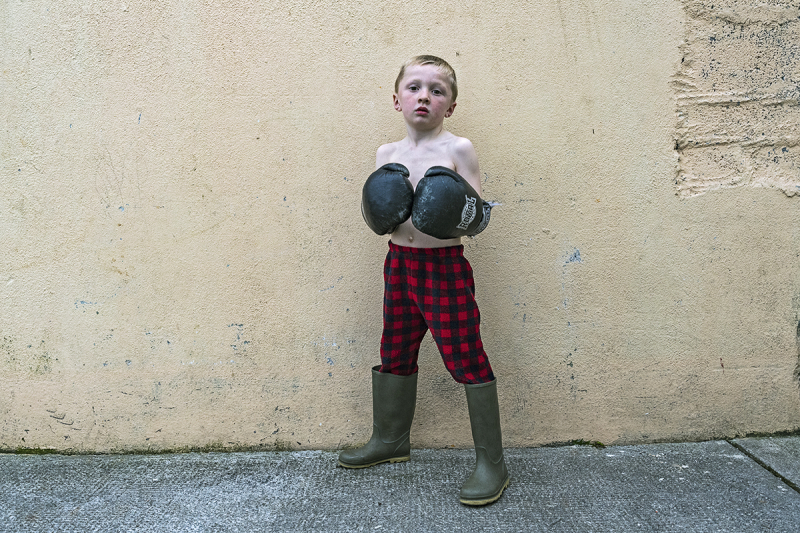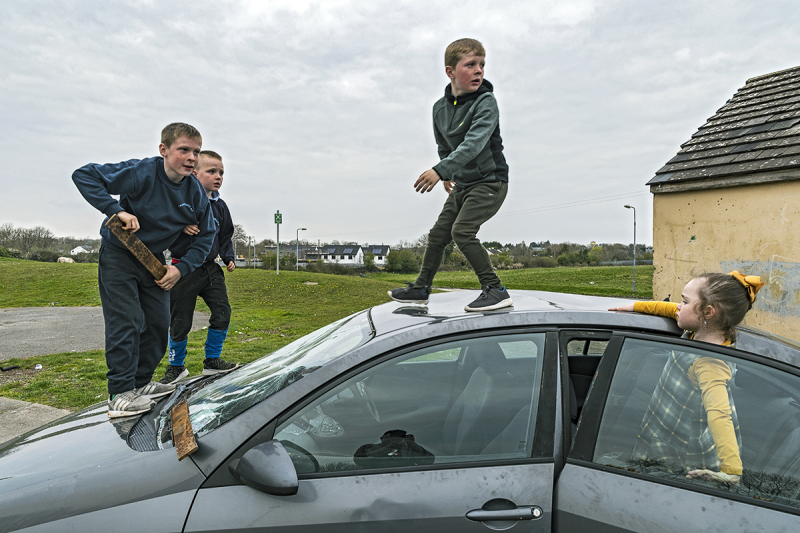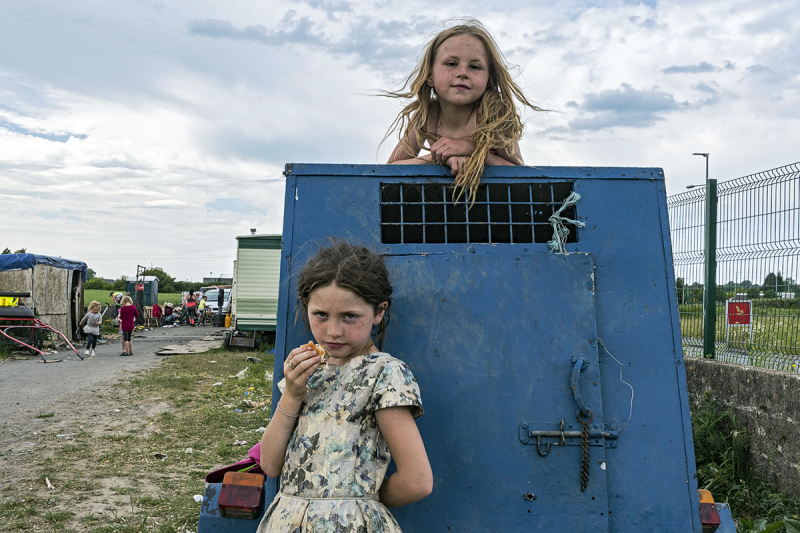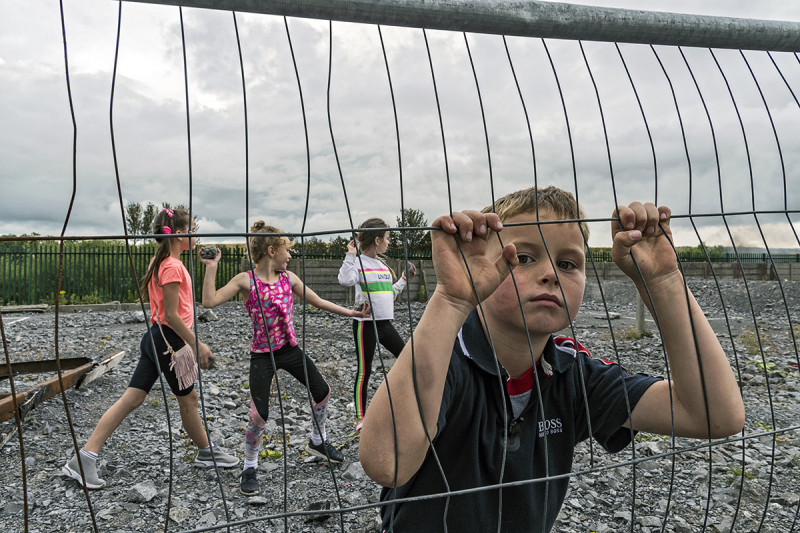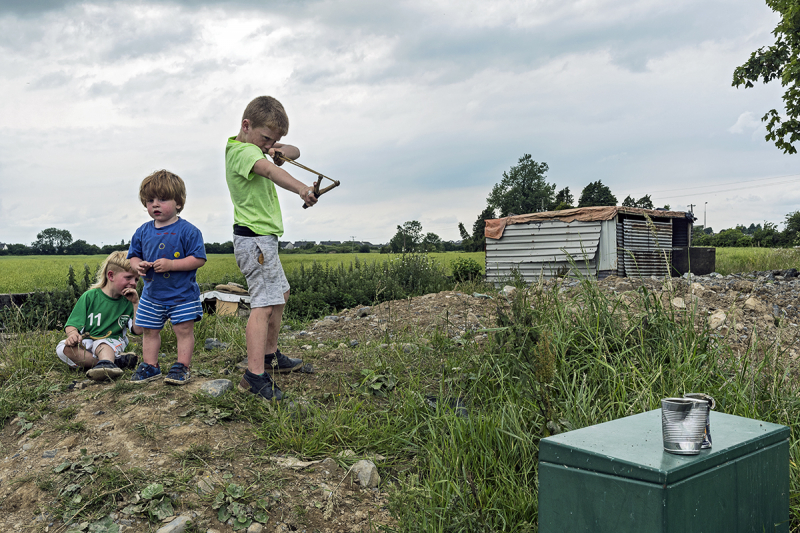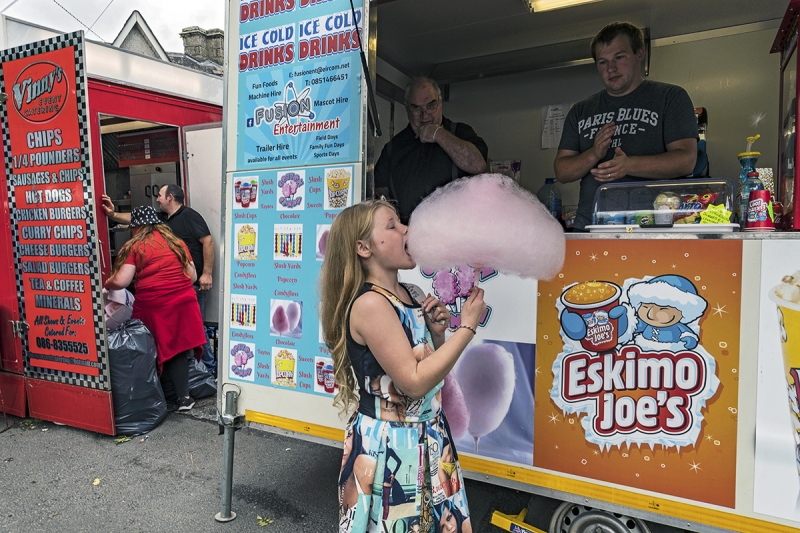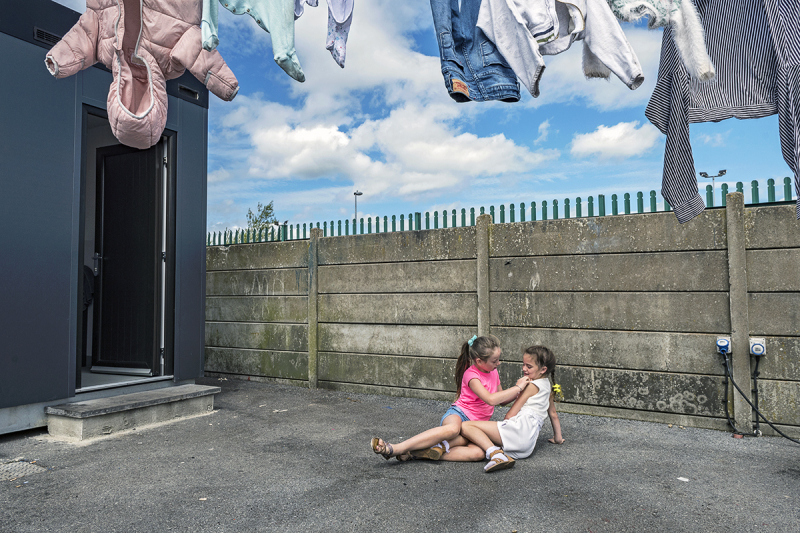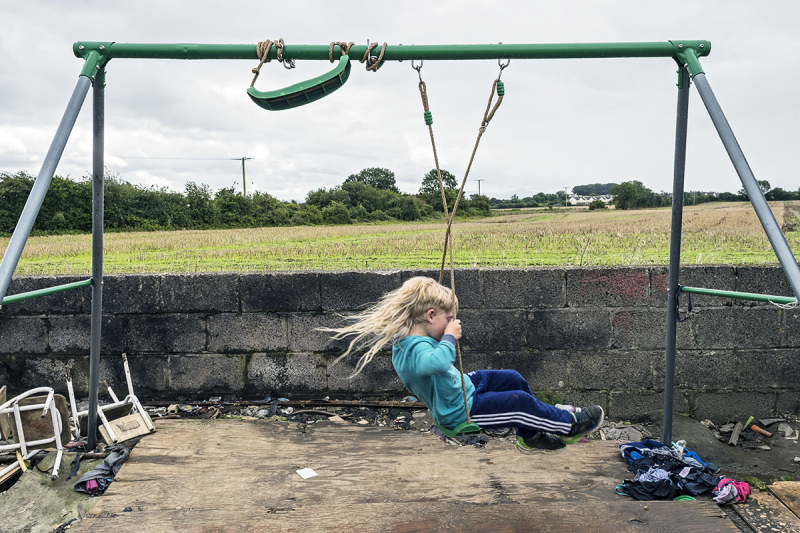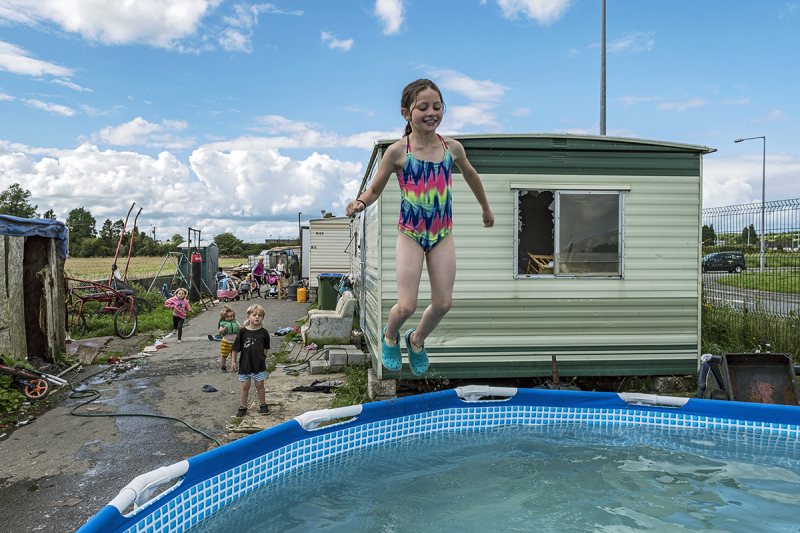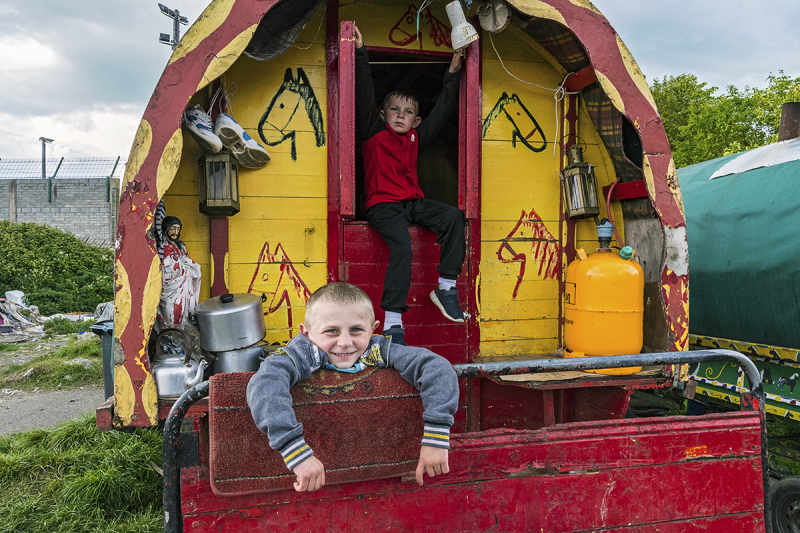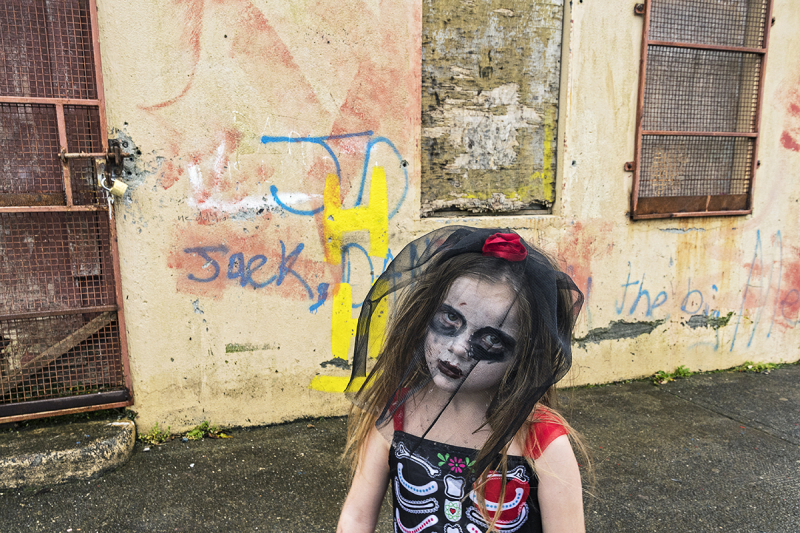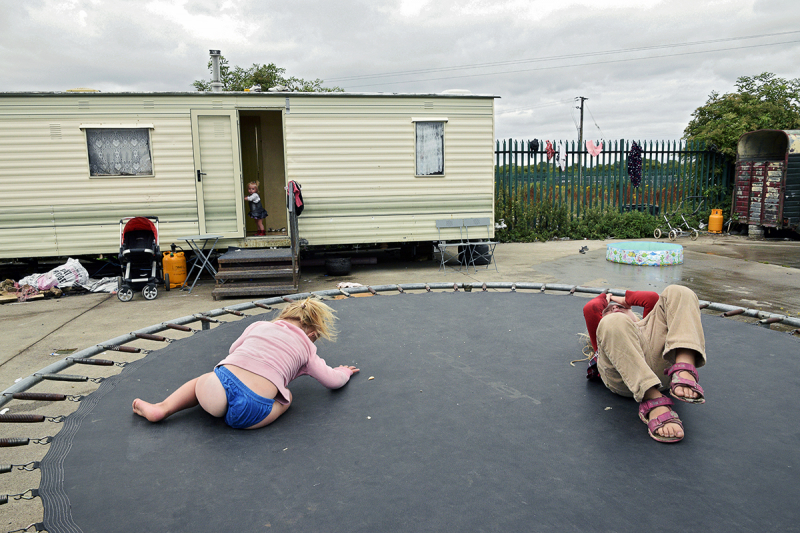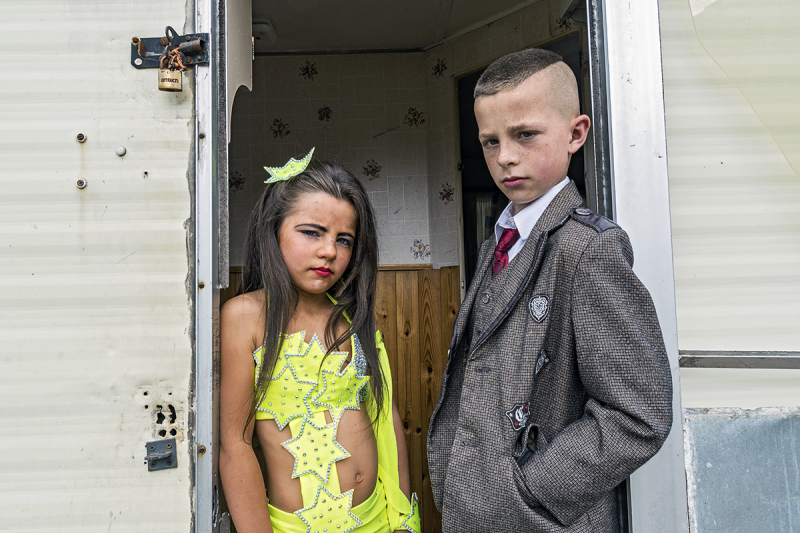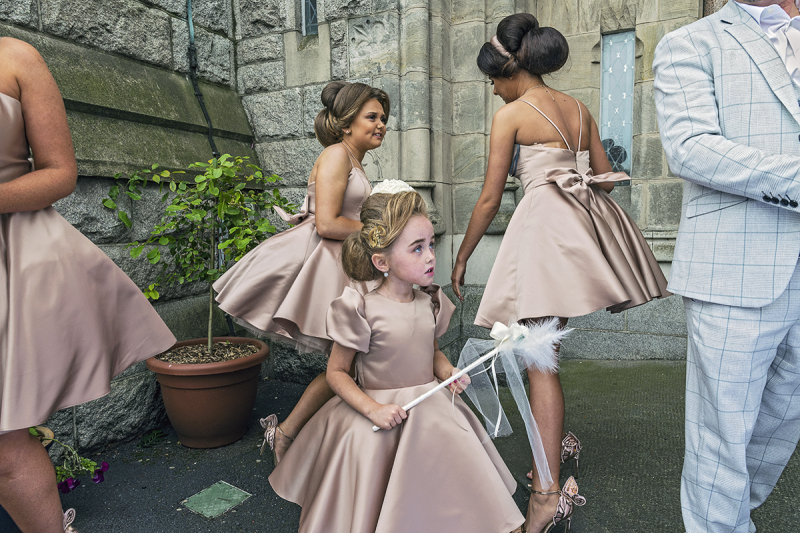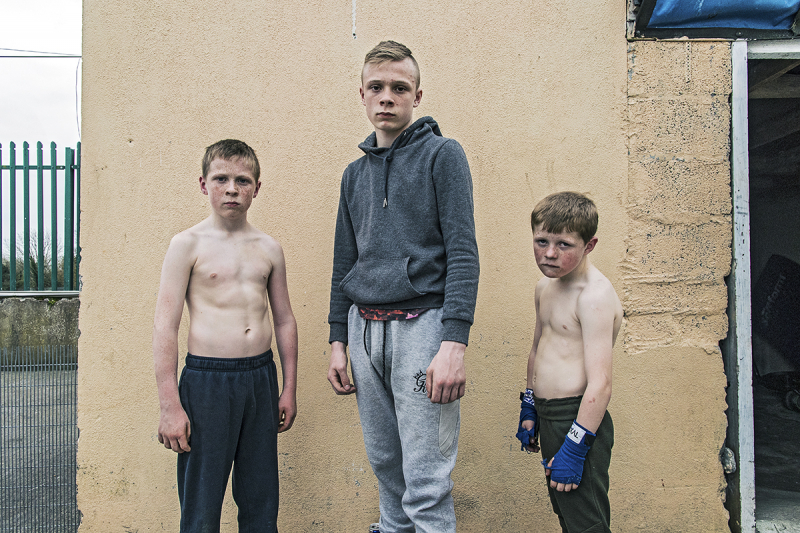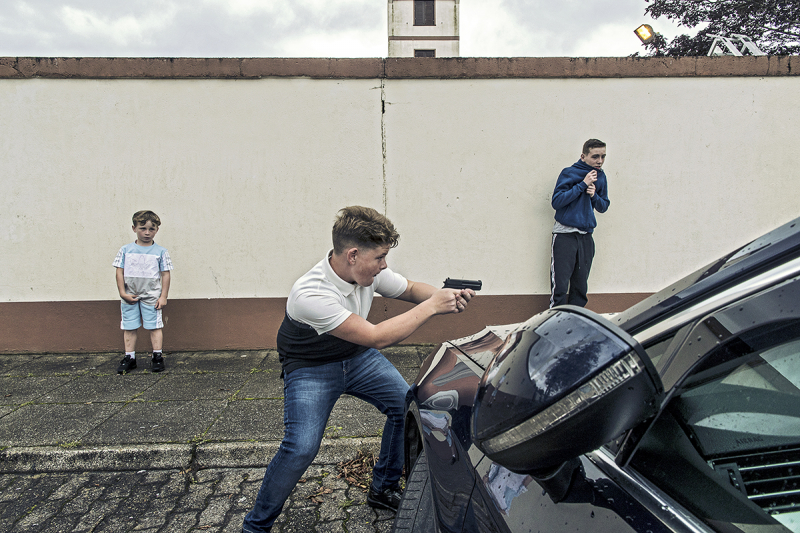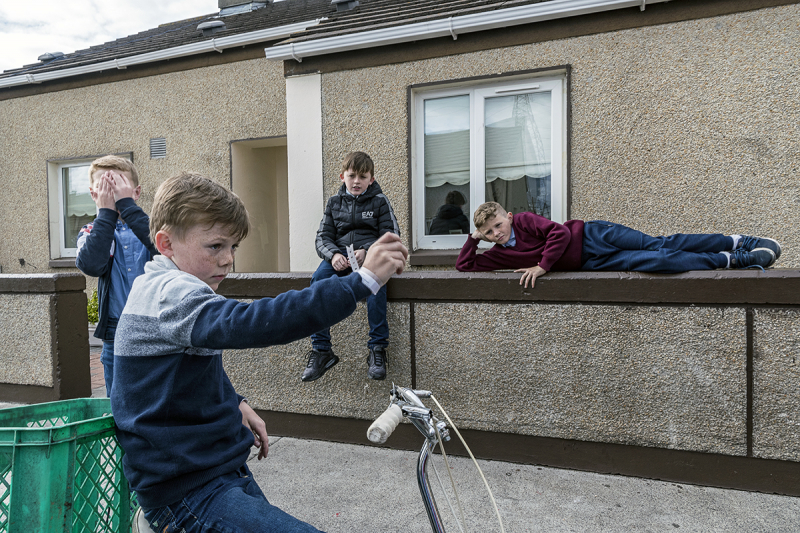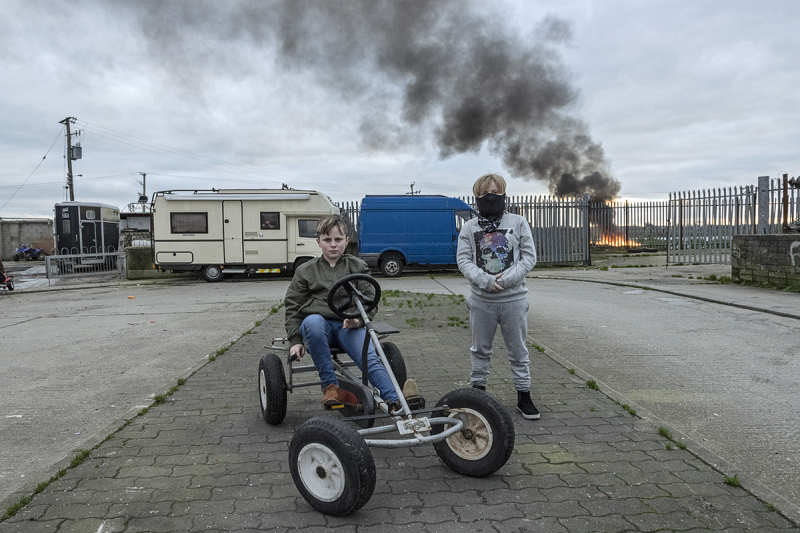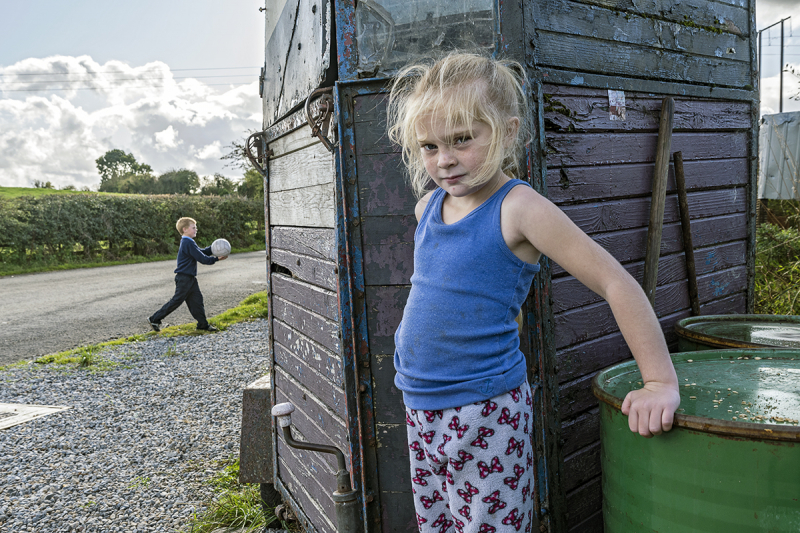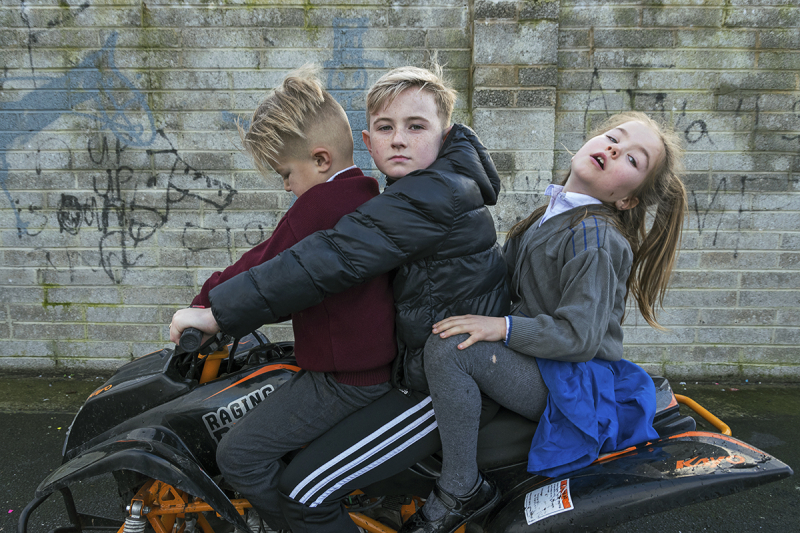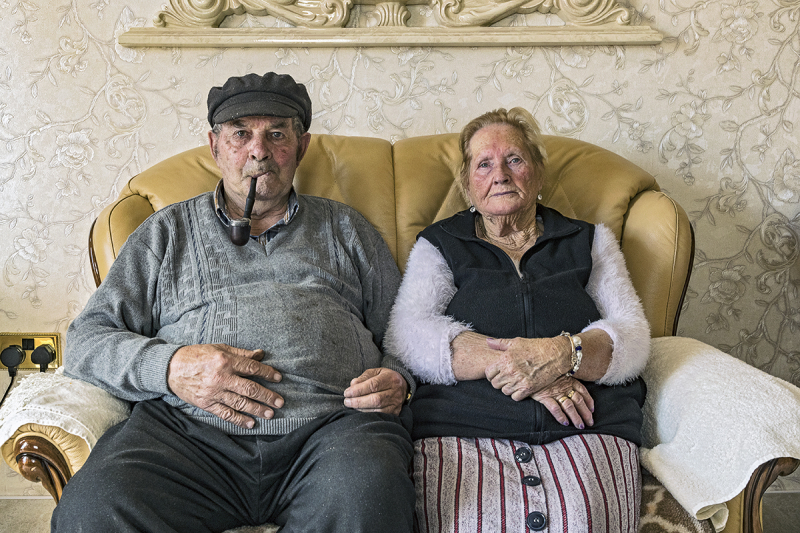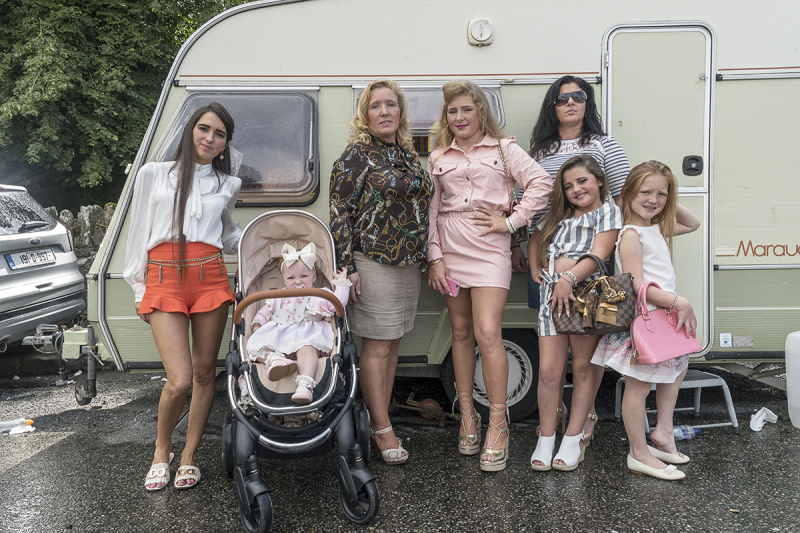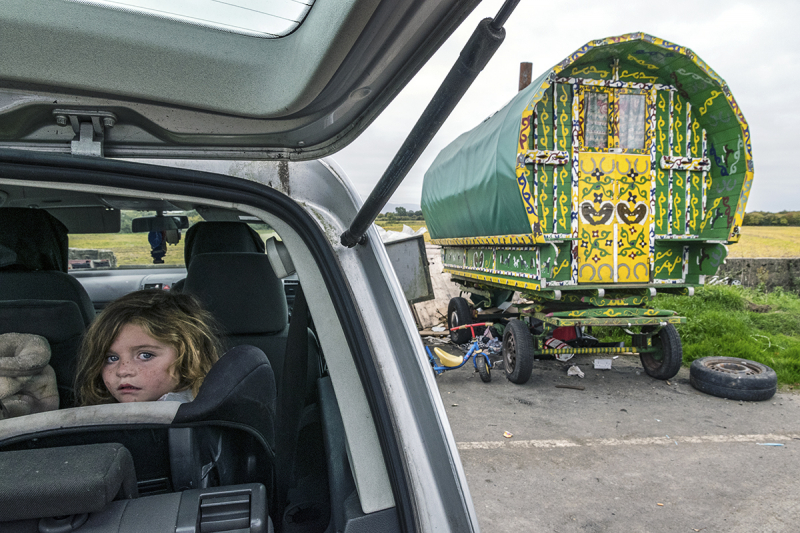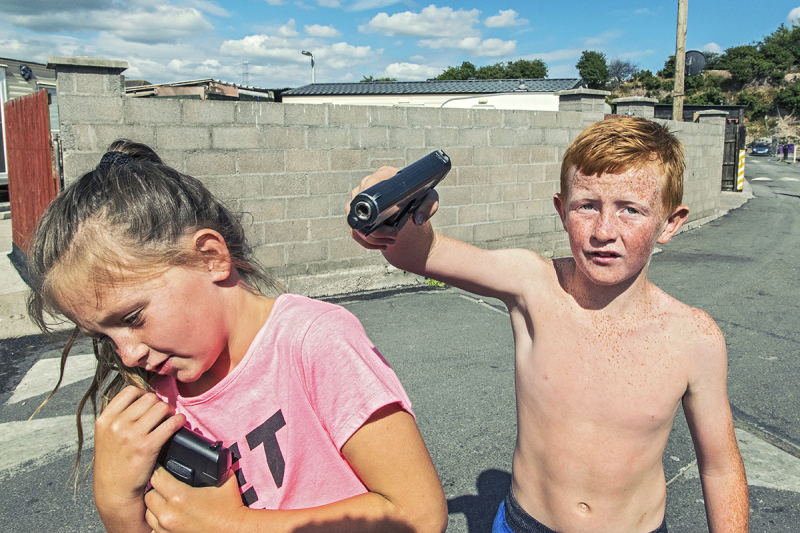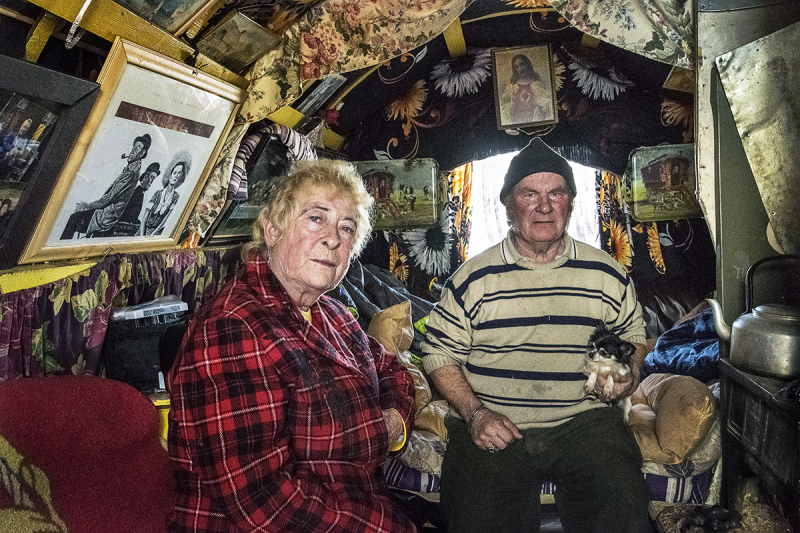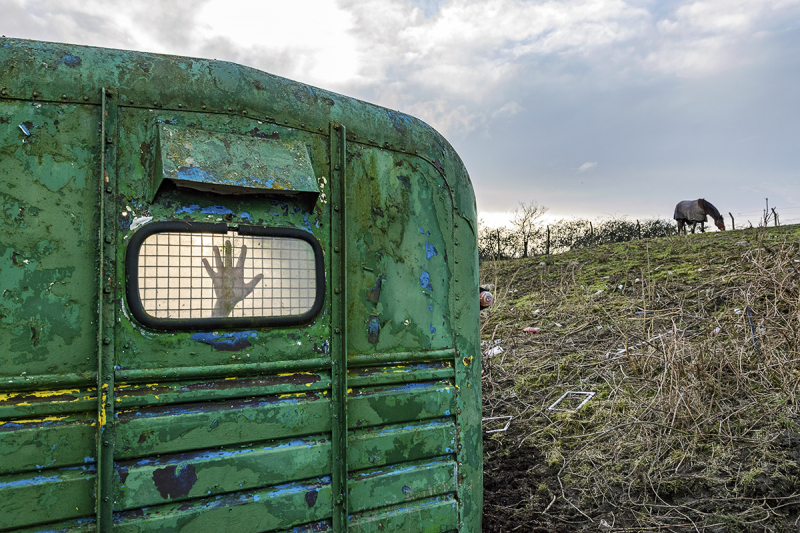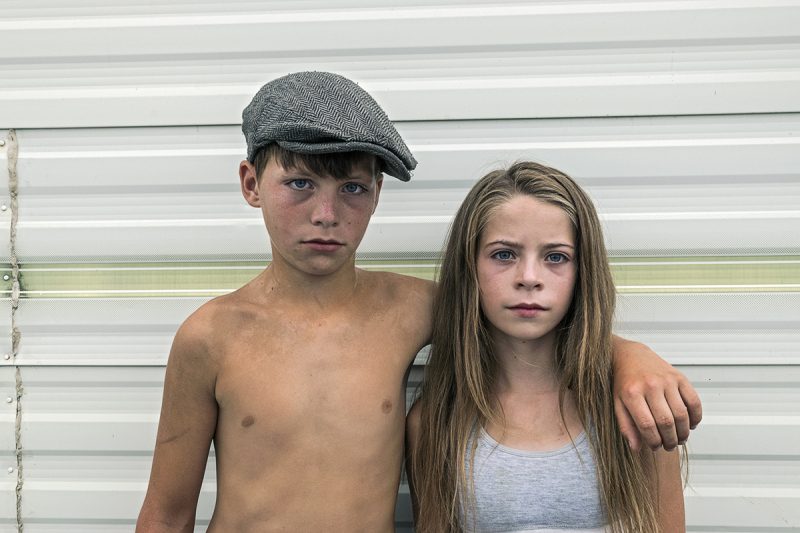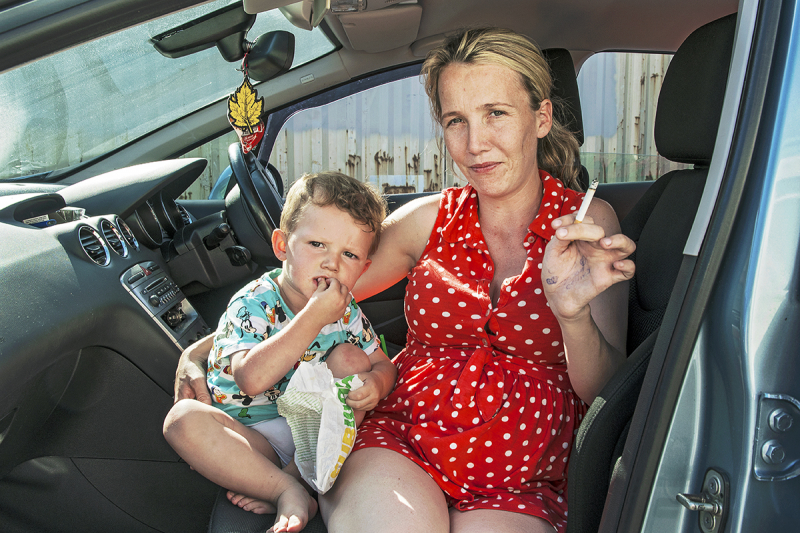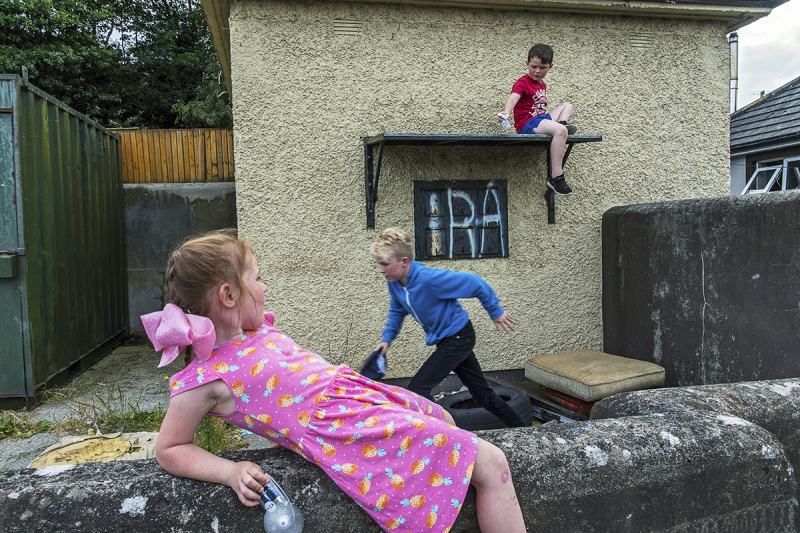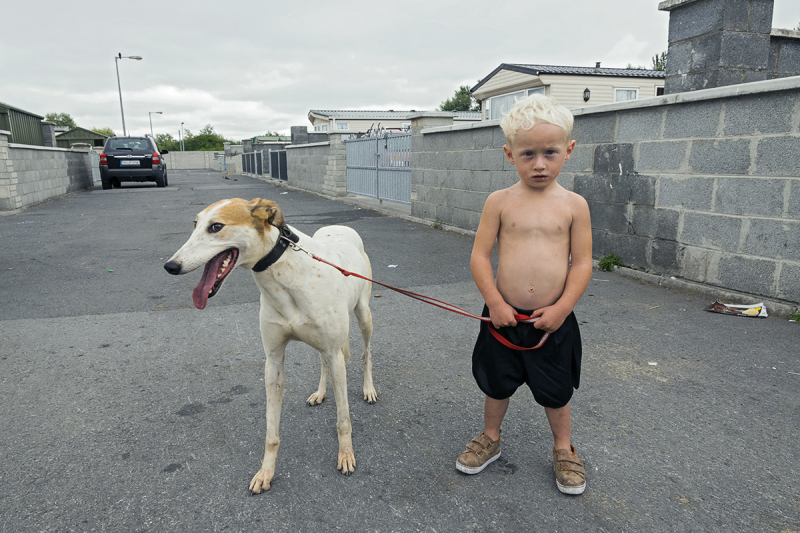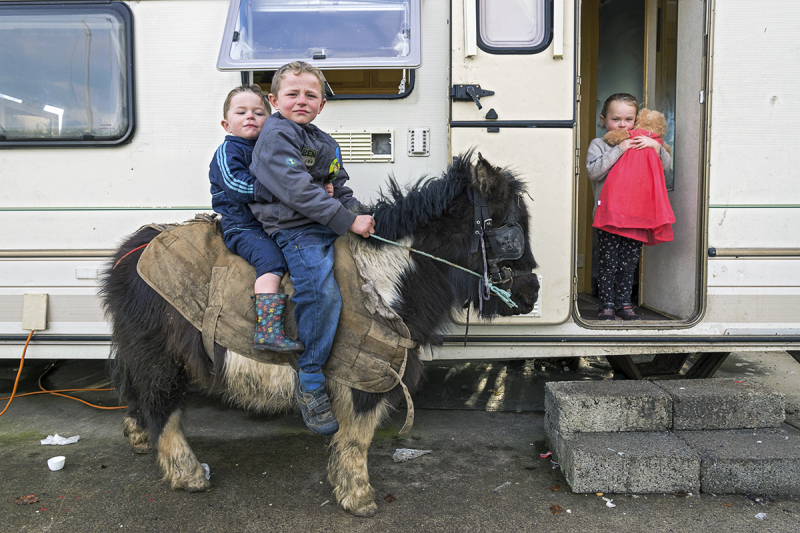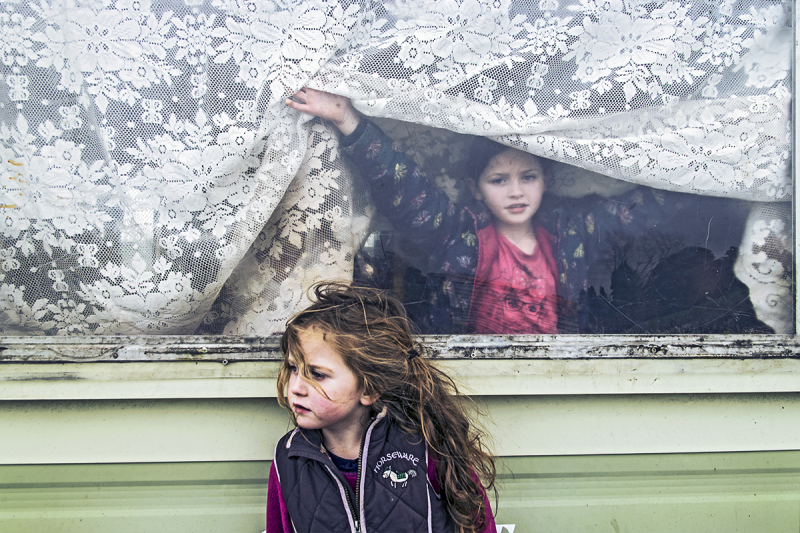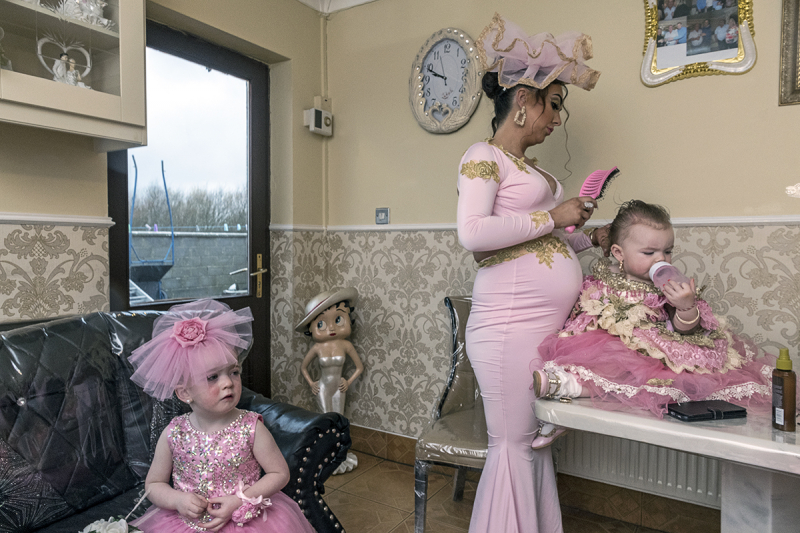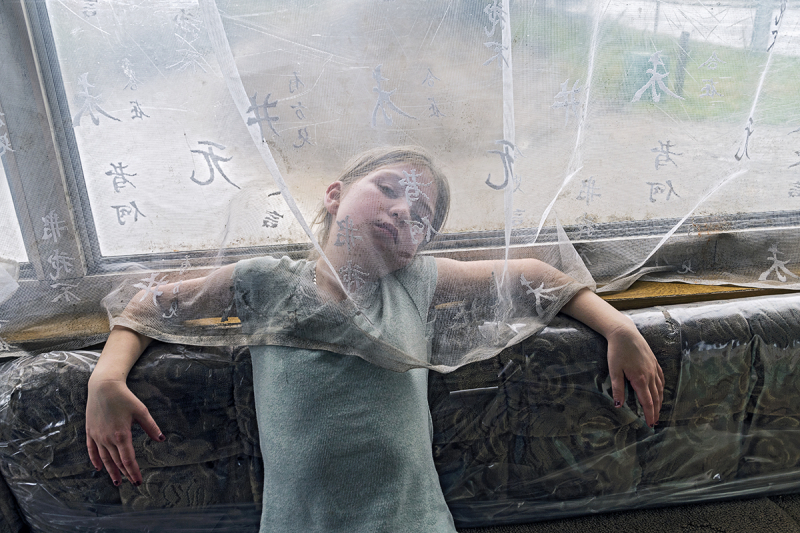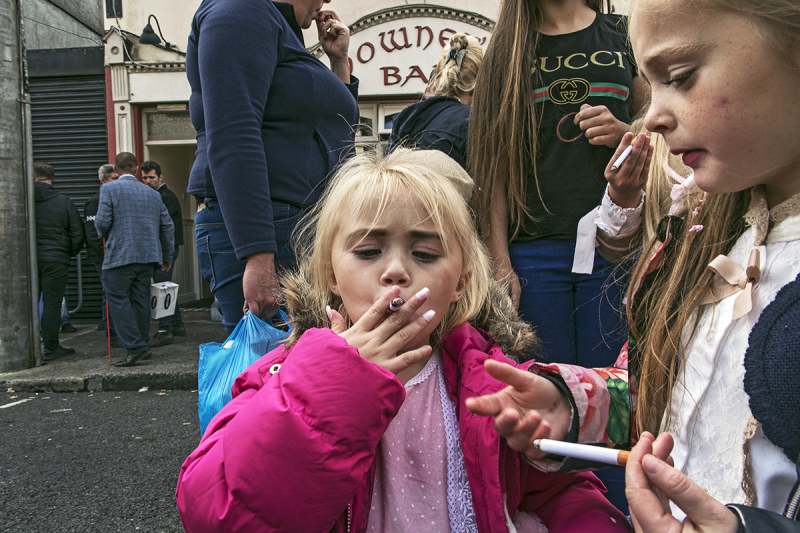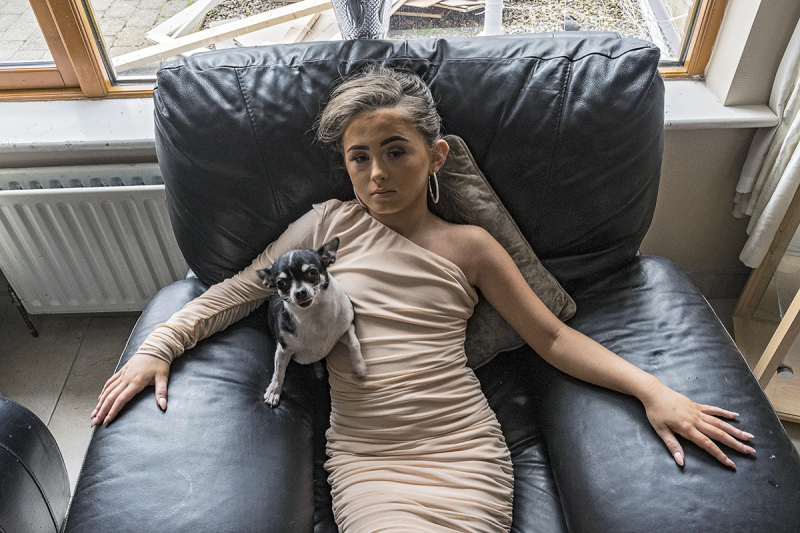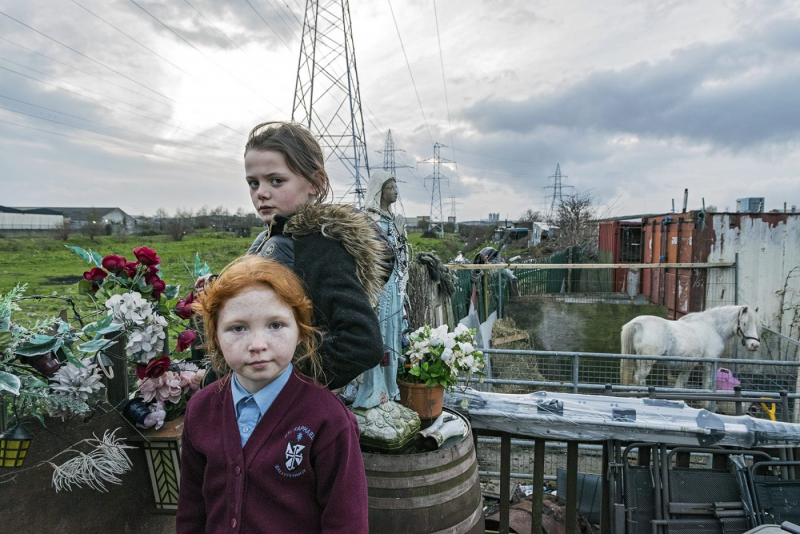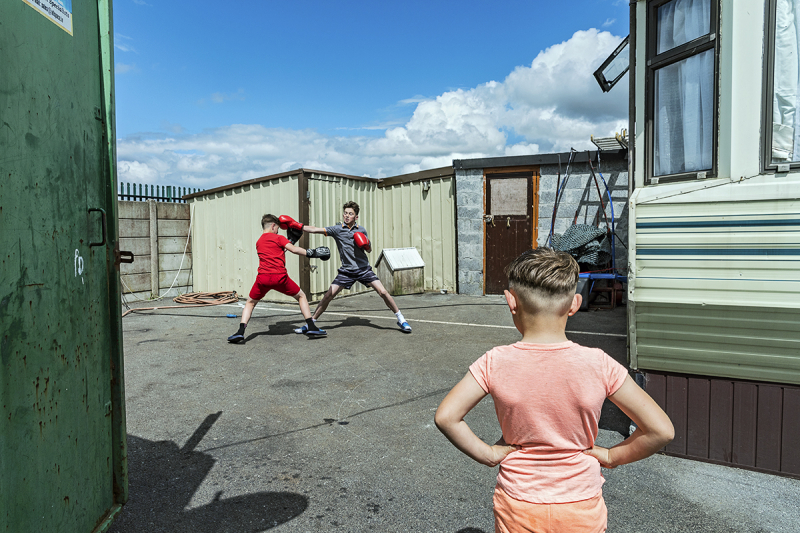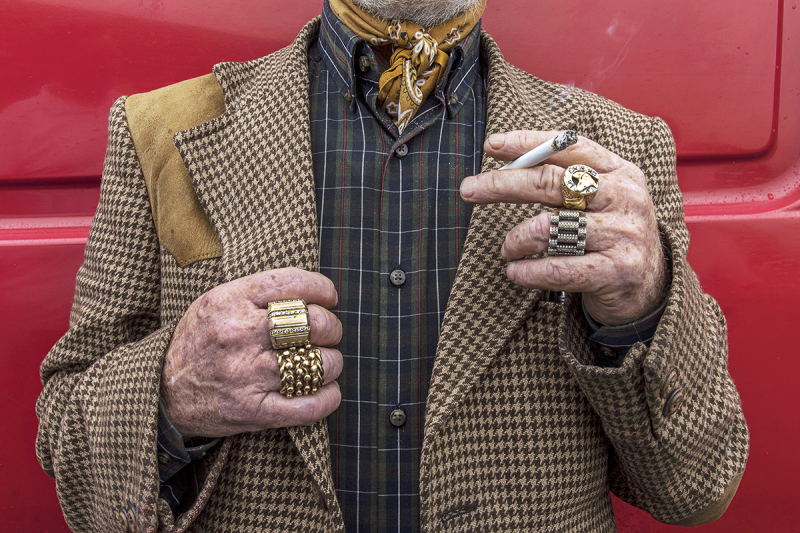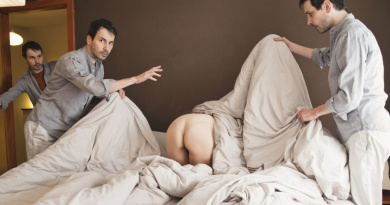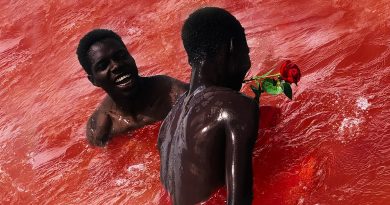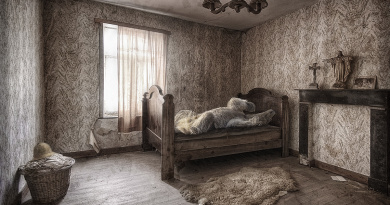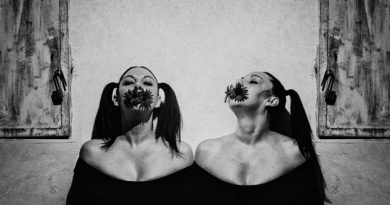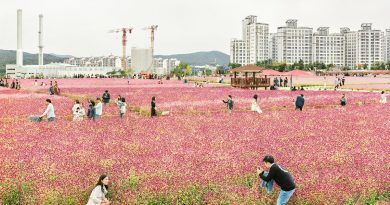Mincéir are a traditionally nomadic ethnic minority indigenous to Ireland, referred to by the Irish Government and the settled population as Irish Travellers. The Mincéir is a true name of the Irish travelling community in their own language which is called Cant or Gammon. Although the Irish Travellers speak English, the lingo they use amongst each other at times is Cant/Gammon. The name Traveller was put upon them because of their nomadic identity. Back in the 5th century the term these groups of people were called Whitesmiths because of their association and skills as tin-smithing. Over the years the Irish Travellers have been called Tinkers, Knackers, Itinerants, Gyspy and Pavee by some of the settled population which the Irish Travellers have found very offensive and racial. Any settled person who is not racist would use the term Irish Traveller or Travellers which is politically correct. Unfortunately many of the Irish Travellers are subjected to the continuous use of these offensive labels.
Mincéirs - Irish Travellers
by Joseph-Philippe Bevillard

Biddy and Judy, Tipperary, Ireland 2020 by Joseph-Philippe Bevillard

Paddy, Galway, Ireland 2019 by Joseph-Philippe Bevillard
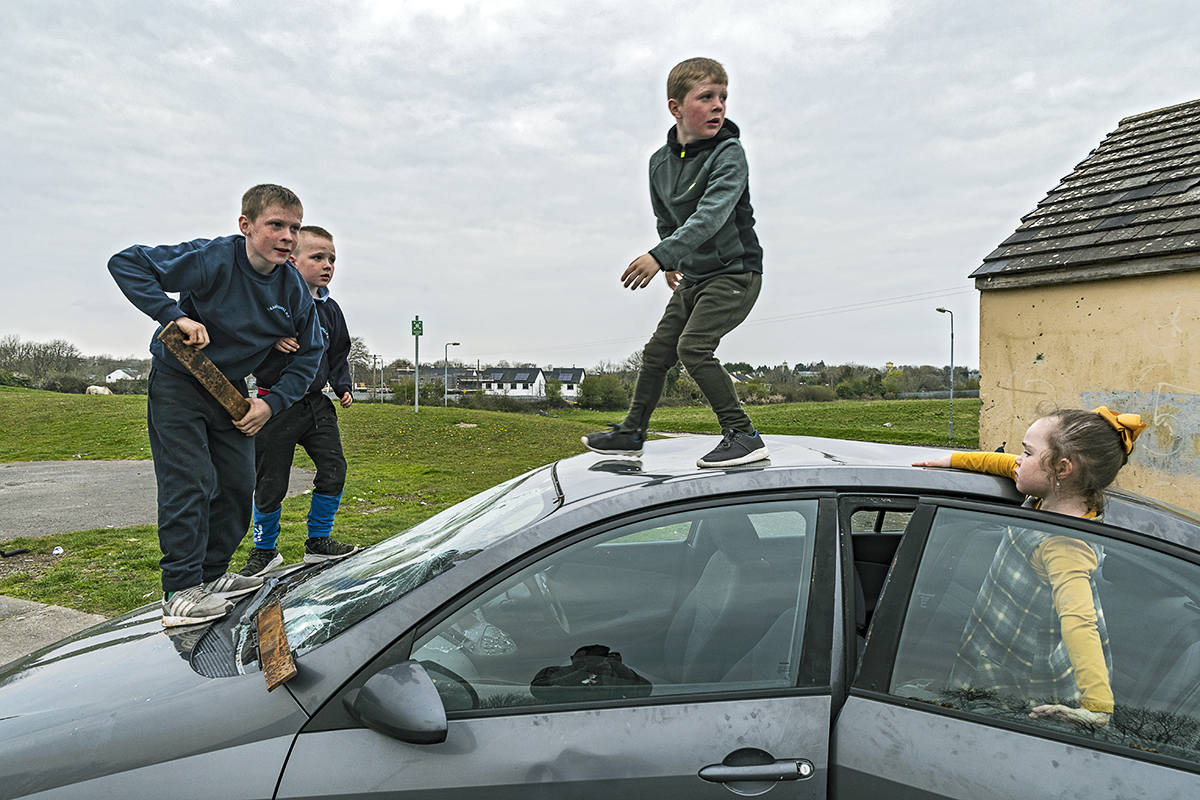
Donoghue Children on Scrap Car, Galway, Ireland 2019
by Joseph-Philippe Bevillard
A few facts
and some background information on this minority group of people who live mostly in Ireland Joseph-Philippe Bevillard will refer to them as Irish Travellers or Travellers for short. Approximately 35,000 Travellers live in Ireland, less than 1% of the Irish population.
Most of the Irish Travellers live in halting sites which have been designated by the Irish government in 1968. The government were not happy with the Irish Travellers roadside camping, so they set up the so called temporary sites.
Some families chose to stay and never moved, there are many of these halting sites which Joseph-Philippe Bevillard has been privy to visit, but some are overcrowded due to large families and lack proper updated facilities.
This in turn has forced some families to set up their own camps in disused fields, but because seen as illegal encampments the local councils are constantly trying to move the families on, and will not provide basic needs such as fresh water, electricity or sanitation.
There is a small amount of Irish Travellers who wish to settle and have gone on the housing list. This can also be a tricky situation settled neighbours usually oppose having a travelling family living on their road, these leads to tension and racial abuse at times. So this discourages many families from settling.
While education is mandatory for all children living in Ireland, the Irish Travellers usually drop out by the age of 15, a lot of this is due to the children being needed at home to tend to the younger or some just find mainstream school boring and not suited to their culture.
Joseph-Philippe Bevillard has heard from a home economics teacher that her class is probably the most popular subject amongst the female Travellers as cooking is necessary.
There have also been some fantastic stories of Irish Travellers finishing 3rd level education and obtaining great careers such as Dr. Sindy Joyce.
Dr. Joyce is the first Irish Traveller to graduate with a PhD and was recently appointed by our President as one of his advisors for council of the state in 2019.
“We want every Traveller in Ireland to be proud of who they are and to say that “we are not a failed set of people.We have our own unique identity, and we shouldn’t take on all the negative aspects of what people think about us.We should be able to be proud and for that to happen our State needed to acknowledge our identity and our ethnicity, and they’re doing that today.”
Former director of the Irish Travellers Movement, Bridgid Quilligan
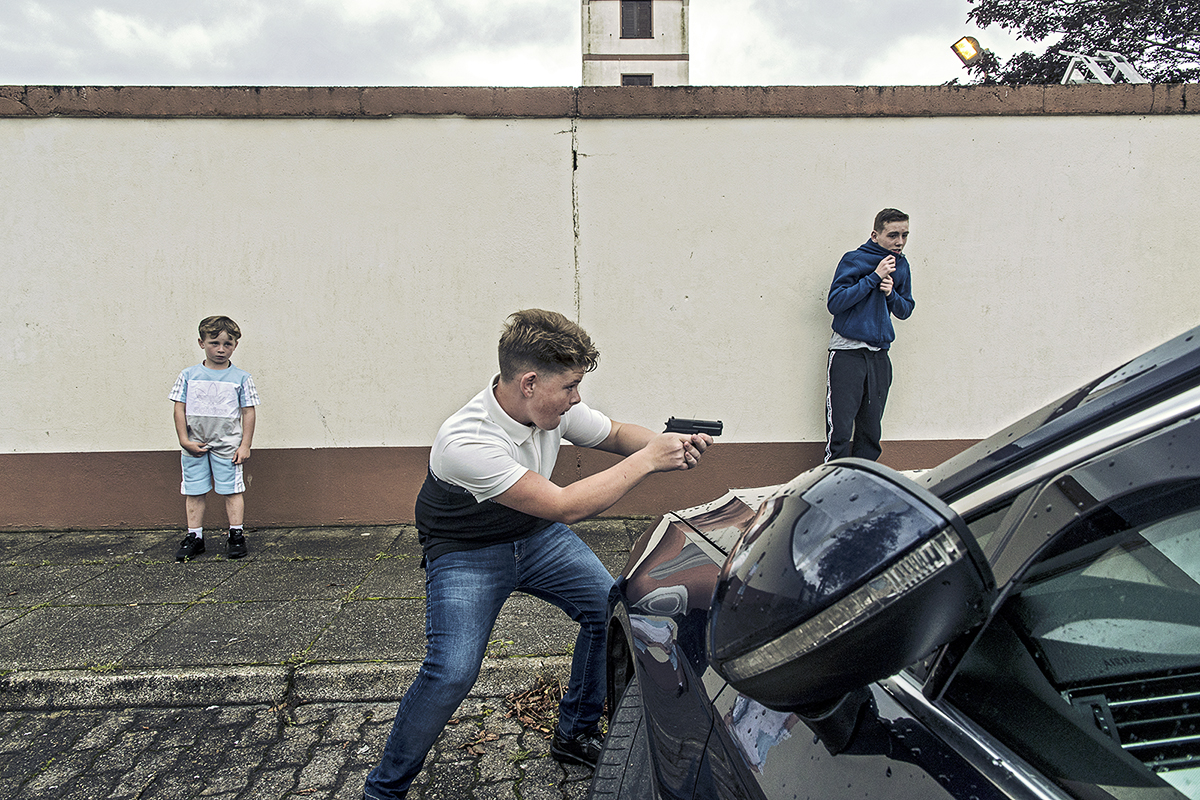
Vice-Chair of the National Traveller Mental Health Mags Casey explained that the causes of mental health issues affecting Travellers are Complex:
“Clearly the issues that affect all Travellers-such as racism and exclusion matters relating to identity, sexuality, addiction, as well as unemployment, education and accommodation have a profound impact on the community’s mental health”.
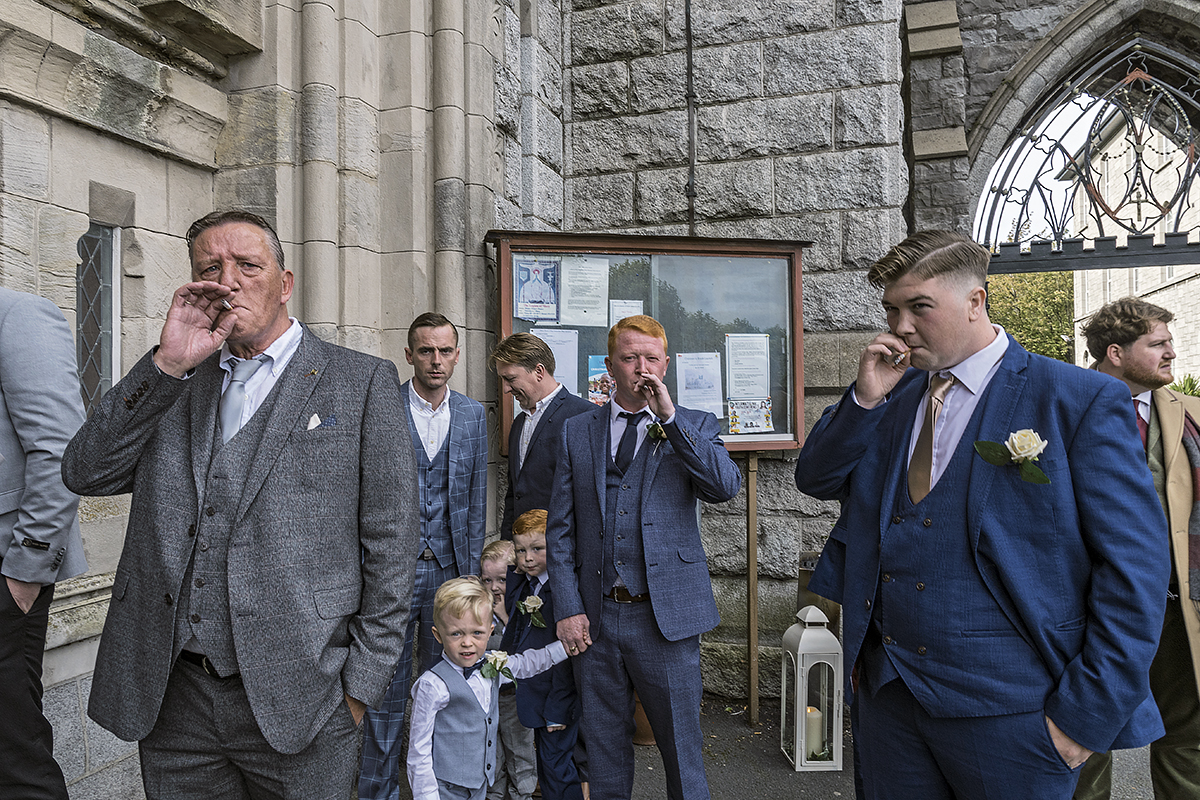
Connors Men, Dublin, Ireland 2019 by Joseph-Philippe Bevillard
82 % of the Irish Traveller community have been affected by suicide. 90% of Travellers agree that mental health issues are common amongst their community 56% of Travellers report poor physical and mental health restricts their normal daily activities. In March 2017, after 25 years of campaigning, finally Irish Travellers won formal recognition as a distinct ethnic group within the State. On that day the former director of the Irish Travellers Movement, Bridgid Quilligan stated: “We want every Traveller in Ireland to be proud of who they are and to say that “we are not a failed set of people. We have our own unique identity, and we shouldn’t take on all the negative aspects of what people think about us. We should be able to be proud and for that to happen our State needed to acknowledge our identity and our ethnicity, and they’re doing that today.” (An excerpt from the National Traveller Mental Health Network officially launched in NUI Galway in 2019)
Click on an image to open the gallery
"What I have written is brief with some facts about these fascinating people who have made me feel utterly welcome at all times for the past 11 years. I am clearly not a writer, so I have recorded some facts and a brief synopsis into the life of Irish Travellers. I hope my photographs portray what I could not begin to write, and captured some of the Irish Travellers Lifestyle and Culture that is steeped in traditions, full of colour, celebrations, and hardships."
Joseph-Philippe Bévillard
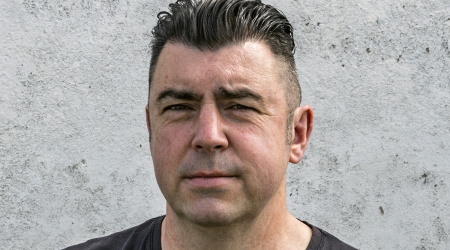
Portrait of Joseph-Philippe Bevillard / Photo by Jean Kelly
About Joseph-Philippe Bévillard
Born in Boston, Joseph-Philippe started drawing and painting after he lost his hearing at the age of 3. He took up photography during his senior year at a private school in Massachusetts. In 1985, he enrolled at the Rochester Institute of Technology to study photography where he remained there for 2 yrs before changing direction in career due to financial circumstances, In 1990 he return to photography to study at the Art Institute of Boston. It was in 1990, Joseph-Philippe developed a style for his square B&W portraitures of people he met in the nightclubs and on the street. After working for several major photo labs in Massachusetts in the last half of 1990, he moved to Ireland during the millenium to start his property management business. In 2007, he went back to photograph portraits using the same camera and style as he did in the early 90’s. In 2010, he started a new project, photographing the Irish Travellers and four years later, he formed the Irish Travellers Photo Workshop. In June 2018, Joseph-Philippe started a colour project on Irish Travellers using a digital camera and continue shooting B&W film with Hasselblad.
His work has been published by Amnesty International, Der Spiegel, Dodho, FotoNostrum, Junge Welt, Lenswork, Life Force, Photo-Letter, Square, Shots and Vogue Italia as well as received awards from International Photography Awards, PX3 Paris, Photo Vogue Italia, FotoNostrum and Lensculture. His recent exhibitions included Les Recontres d’Arles, Espace Beaurepaire Paris, Leica Gallery Milan, Photo London, New Hampshire Institute of The Arts, Royal Hibernian Academy Dublin and Central Intelligence Agency in Washington, DC.
Journalism and running an online magazine costs money. Our online magazine is free of advertisements. We do everything out of love and dedication. We are not profit oriented. Support Tagree that the magazine remains ad-free and the monthly costs can be paid. TAGREE, I love your cultural work, I donate to show you my appreciation, voluntary, one-time or regular monthly or per quarter:


